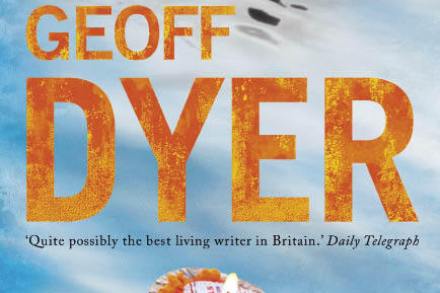The day the music died
An earnest young man upbraids his singing teacher. ‘Why don’t you sing classical more often?’ It is Bombay in the early Eighties. The young man’s father has enjoyed a successful career in management, with the result that ‘his childhood had been almost entirely chauffeur-driven’. His singing teaching, peddling remarkable gifts to earn an unremarkable living in the rambunctious city in which his talent is only one among many, is older and pragmatic. You cannot practise art on an empty stomach. Let me make enough money from these lighter forms; and then I’ll be able to devote myself entirely to classical. The argument is not a new one. Amit Chaudhuri’s latest









